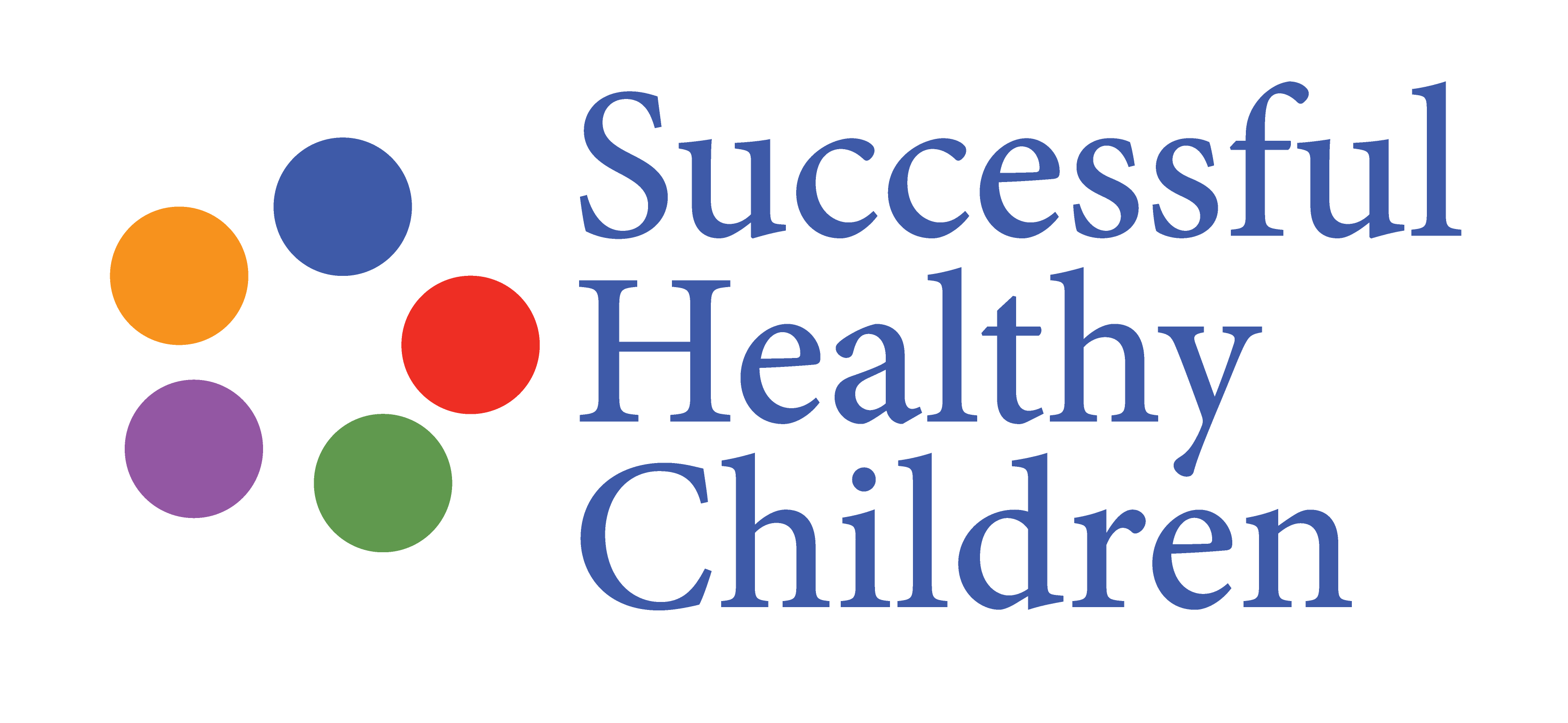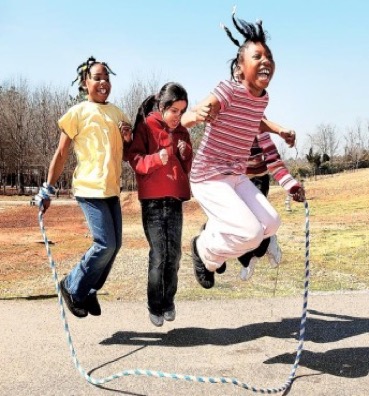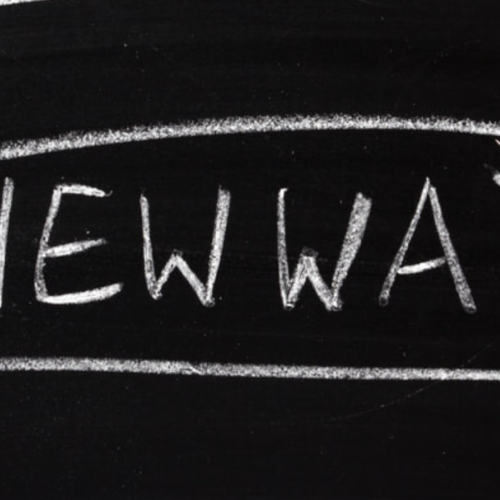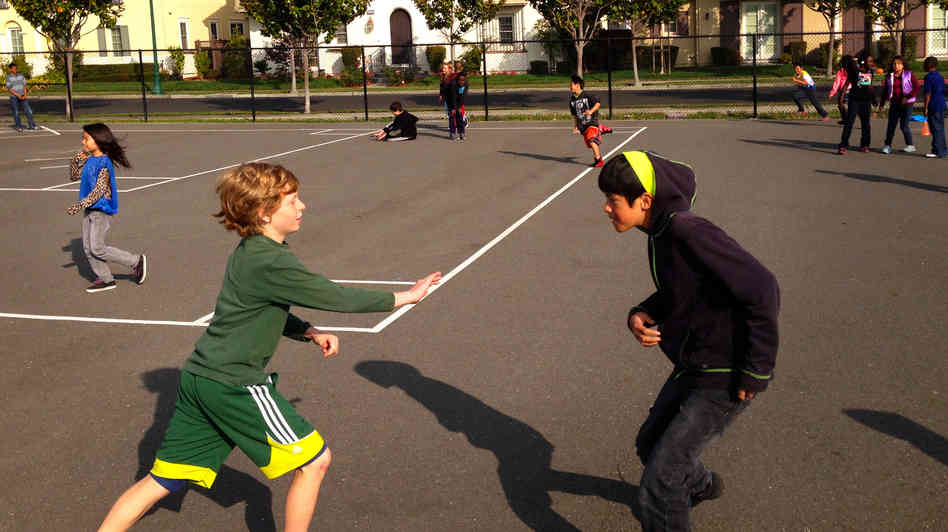Back in 2007, during my coursework for my PhD, I had the great privilege of learning with/from Dr. Miriam Raider-Roth at the University of Cincinnati, in a year-long, three-part Action Research course. Miriam encouraged us to reflect on the roots of our inquiries–the reasons we were curious about whatever we were researching–and to write about our core philosophy. I wrote the following reflection. It remains true today, and I share it now, with a note of gratitude to Miriam and all the other amazing teachers I have been blessed to learn and know with, from my first-grade teacher Mrs. Frey to my junior high history teacher Miss Ruehl, to Dr. Jay Baird at Miami University who wrote “you should consider being a history major” on my first-ever “bluebook” exam. And, to all my teachers outside the walls fo a classroom: my parents, my colleagues, my children, my husband.
I have been a “teacher” for all of my adult life. I say “teacher” in quotation marks because my classroom did not begin and currently does not reside in the walls of an institution for children, with grades “K” through twelve, nor is my classroom confined to the “three R’s.” Often, in fact, in response to articles and questions about teacher-research, my first response was, “I am not a teacher.” However, upon further reflection, I own the idea: “I am a teacher. I am a Health Educator.” That I could call myself an educator and not think of myself as a teacher is only partly due to the image in my own head that “teachers” are for little kids, in schools, and “educators” are for adults, for professors in institutions of “higher education.” In expanding my definition to the way I have lived as a teacher, my classroom and my audience have been varied. My classroom has been my playroom with my children, when I home-schooled my daughter and two boys for pre-kindergarten; the hallway, when I tutored first graders in reading and fourth-graders in math. It is now the front of the studio, when I teach group fitness classes; the podium, when I teach coaches, physicians and physical therapists about sports training; the classroom, when I teach undergraduate students about health. In every setting, with each audience, sharing of information occurred, knowledge was constructed—I was, I am, a teacher.
I subscribe to the constructivist philosophy, as both a challenge to the positivist scientific search for “Truth” and as a way of learning and knowing, which has been informed and shaped most notably by Buchanan (2006), Dewey (1897), Duckworth (2001), Kuhn (1962), and Raider-Roth (2005). The duality and interconnection in this perspective lies at the core of how I teach: course objectives and pedagogy are firmly rooted in constructivist teaching and learning strategies which ideally are interwoven with and meld into collaborative teacher-student-research. As a teacher in the undergraduate classroom, being a constructivist means I encourage and invite active engagement with topics and information by, among and between the students and each other, and with me, so that each learner/student comes to a new understanding, a new level of knowing (Brooks, 1990; Horton & Freire, 1990; Raider-Roth, 2005). It is especially important that the students understand their own learning processes as I believe they are the ones ultimately responsible for their own learning (e.g., Brooks, 1990; Brooks & Brooks, 1999). I recognize myself as a kinesthetic and tactile learner, and I instruct through hands-on exploration, discovery, reflection (both personal and shared) and guided critical writing and dialogue. My whole intent—at the heart of my teaching philosophy—is that students (especially adult, college students) are the owners of their learning and my role is to facilitate their co-learning with and in the presence of each other. When I teach undergraduates, I encourage, entice and require students to engage with each other, the teacher and their life outside the classroom to develop their own knowledge within their current beliefs (Brooks, 1990; Brooks & Brooks, 1999; Cochran-Smith & Lytle, 2001; Horton & Freire, 1990). Formative assessment, self-reflective assignments, small group discussions (in person and on-line) support and guide students in their learning and understanding.
Stemming from, yet embodied within, my constructivist teaching philosophy is the concept of teaching as research (Duckworth, 2006); of teaching with an “inquiry stance”, a phrase coined by Cochran-Smith & Lytle (2001), which invited teachers to come to a closer understanding of their own practice. This inquiry stance involves an orientation that knowledge is on-going and contextual; a willingness to question one’s own practices; and an openness about how such inquiry produces knowledge and relates to practice. In sum, an inquiry stance is roughly equivalent to teaching as praxis, in the Aristotlean context of thinking about or reflecting upon one’s practice to improve practice. At the core of this stance is genuine care and concern that I teach “well”, meaning to impact, guide, facilitate, and lead students toward intrinsic motivation, deeper engagement and construction of knowledge. Teaching well is not about me. It is about my students. It is about their learning, and my learning right along with them about how to create curriculum and design classes/lessons that support students. It is my larger, more important goal to give them an understanding of the material, to build knowledge that they will find useful and that they will go forth and build upon. I want to give them the tools and opportunities to assess themselves, and to know what they learned, and have that be important to them. The need for teachers to understand their students’ sense of the material, and the students’ engagement in the material is at the heart of a teacher’s pedagogical and curriculum decisions (Freeman, 1998, Stiggins, 2008). I continually re-assess and inquire about my students’ learning as well as their learning experience, and I am dedicated to establishing truly learning-fostering relationships in my classroom, wherever my classroom might be.
As a Health Educator, facts and information are abundant when it comes to health, with many sources of “Truth” such that the pressures of time and “needing to cover the material” will always be in tension with establishing meaningful knowledge. Part of my role is to understand what my students (or patients, clients or participants) already know and understand about their own health to support their ability to come to new understanding and respond to challenges to their health. Recognizing our shared humanness allows me to operate from the stance of, “I don’t know what YOU know—teach me,” thus providing a rich context for information and shared meaning making.




